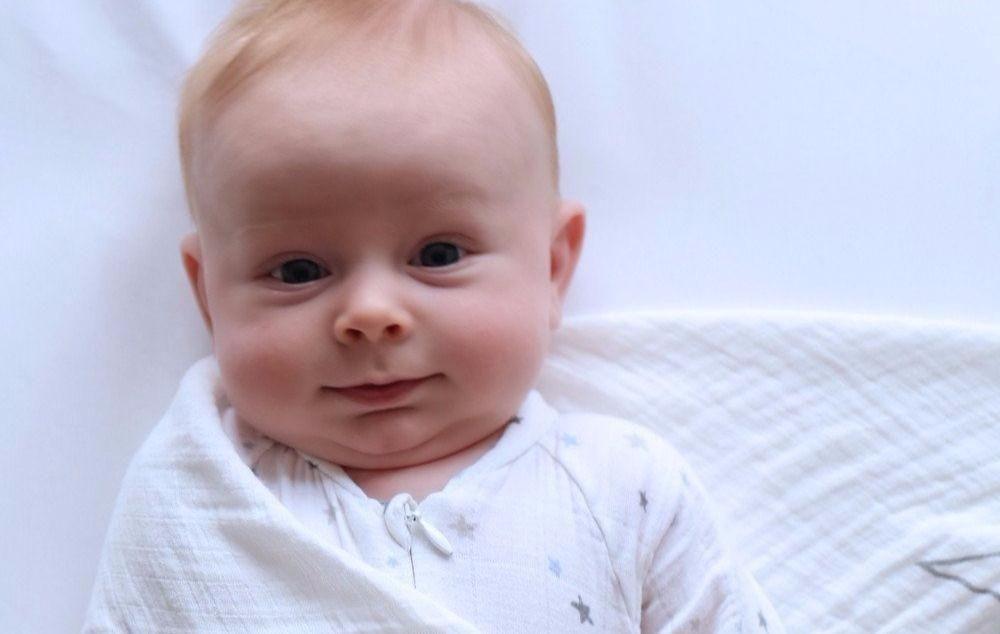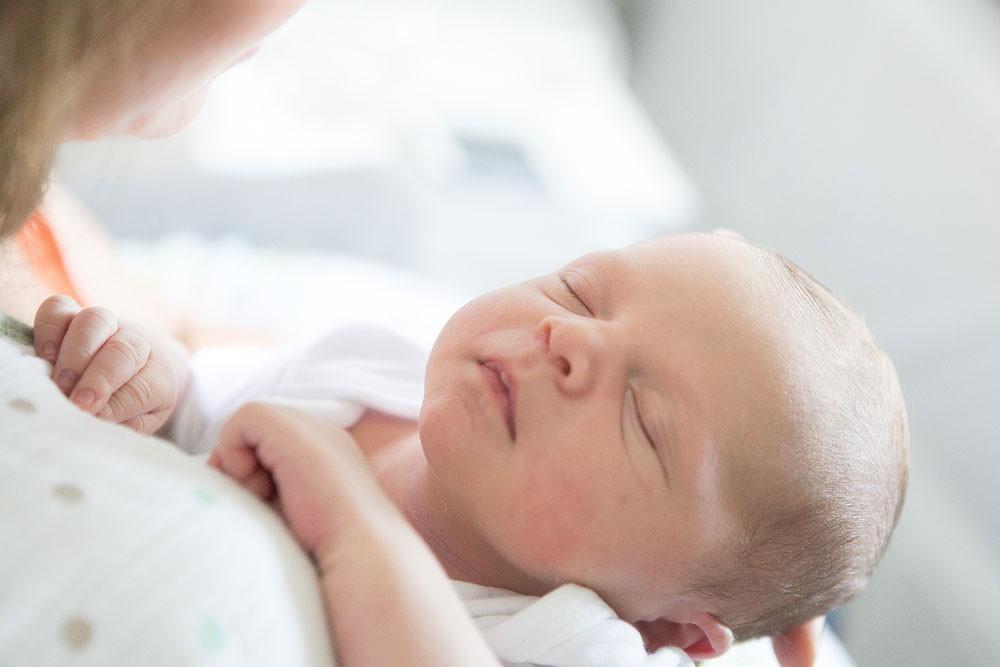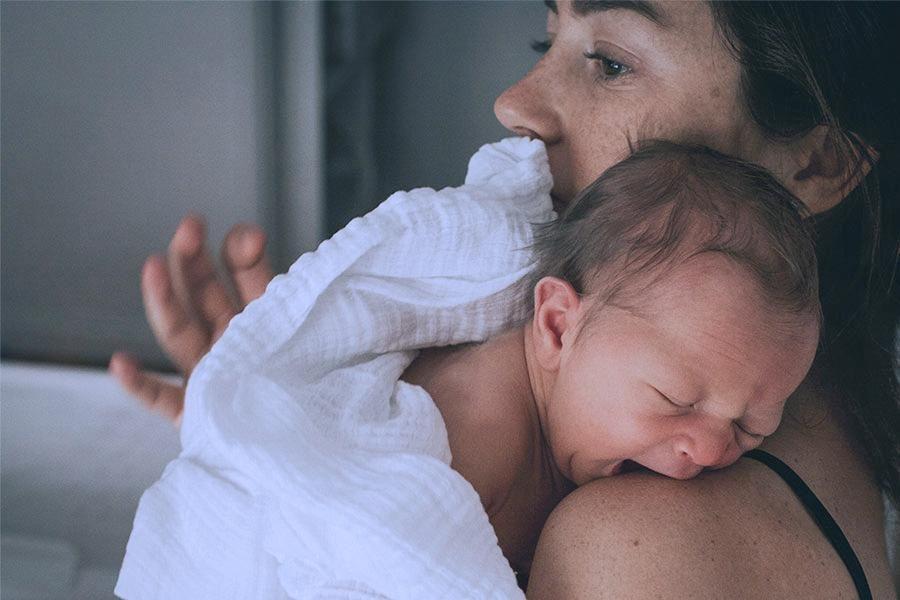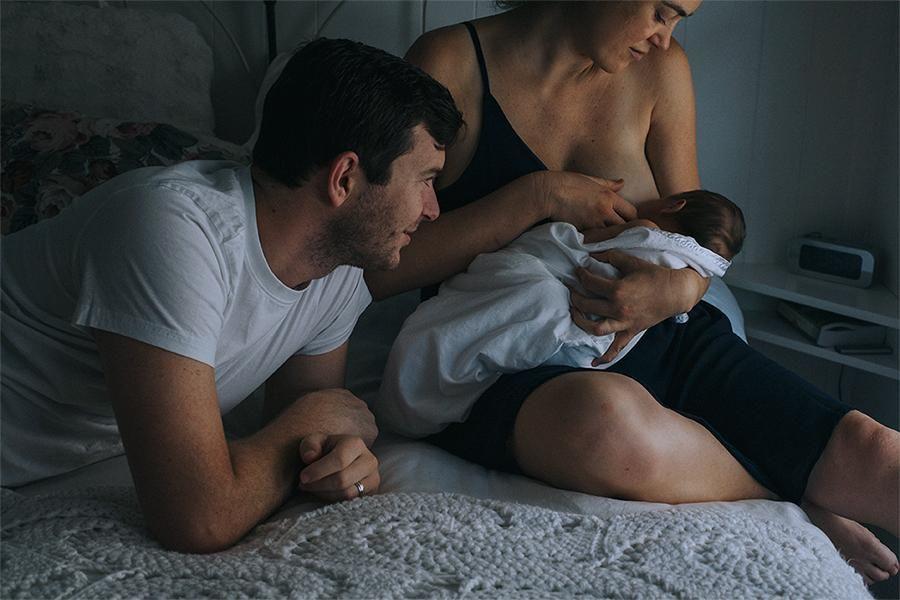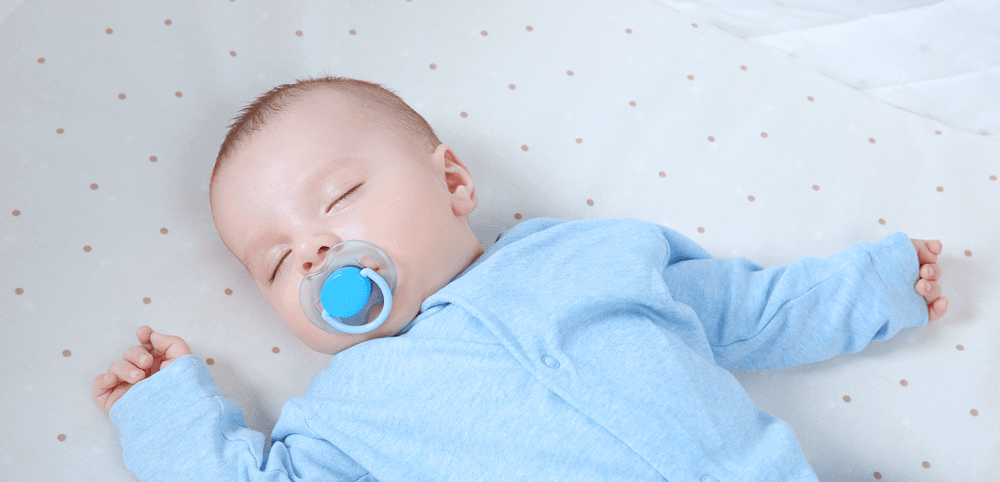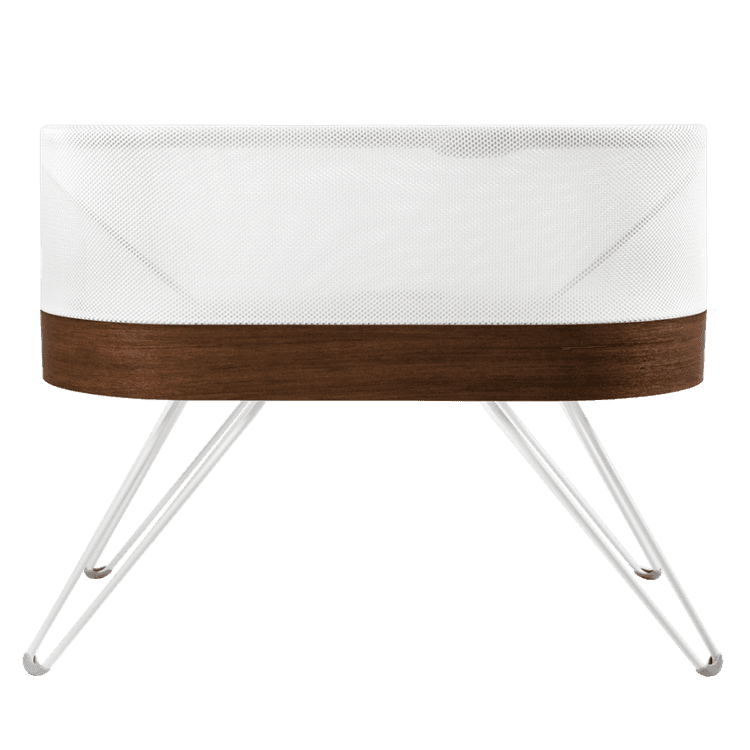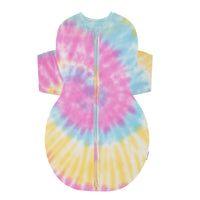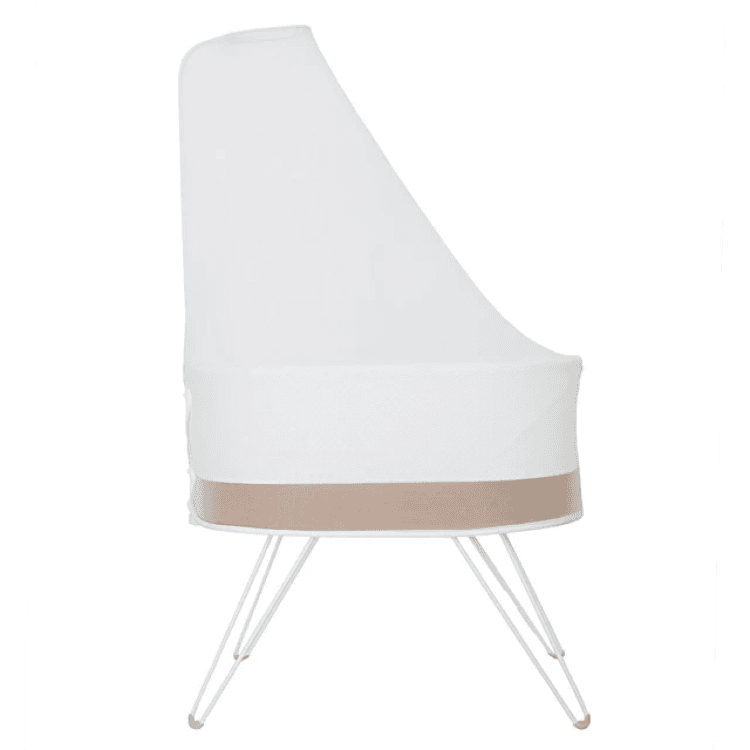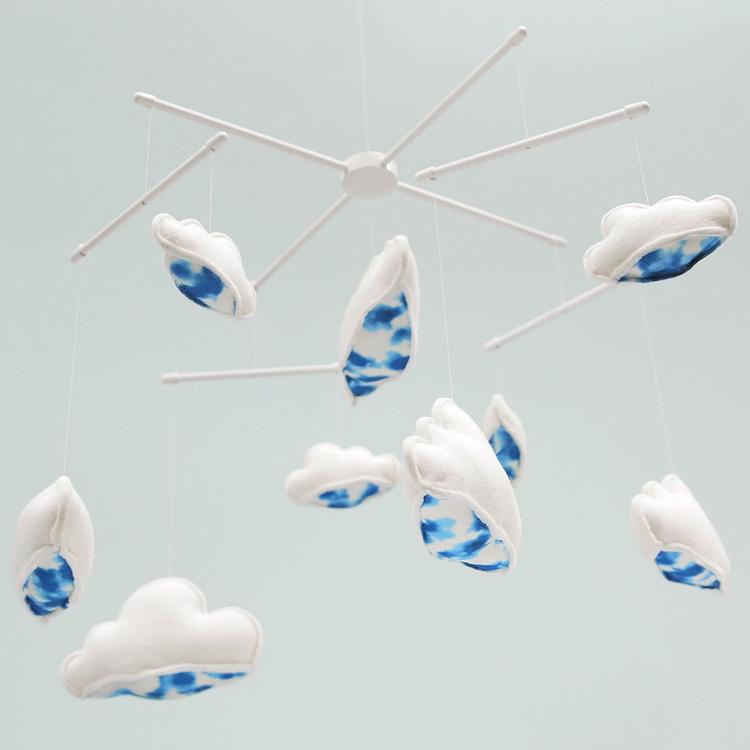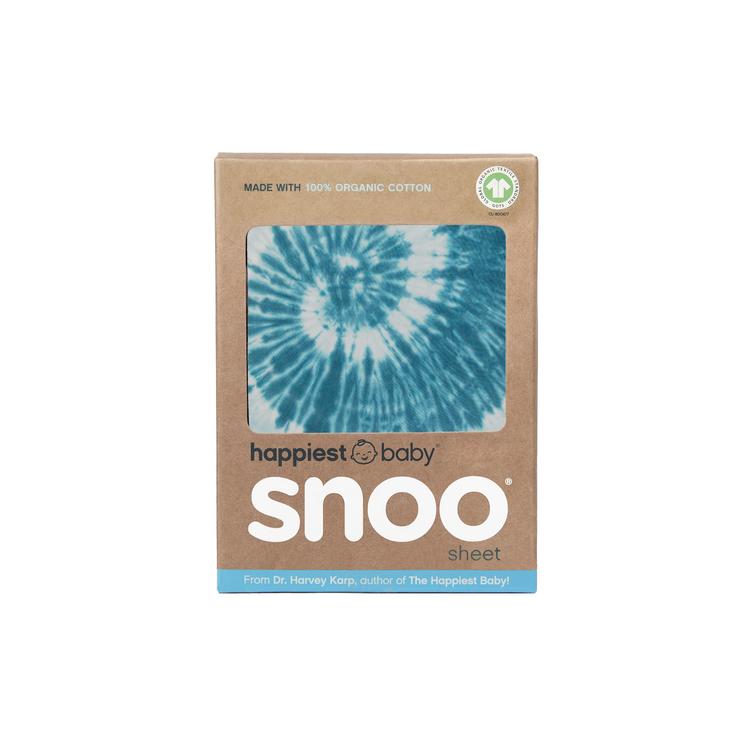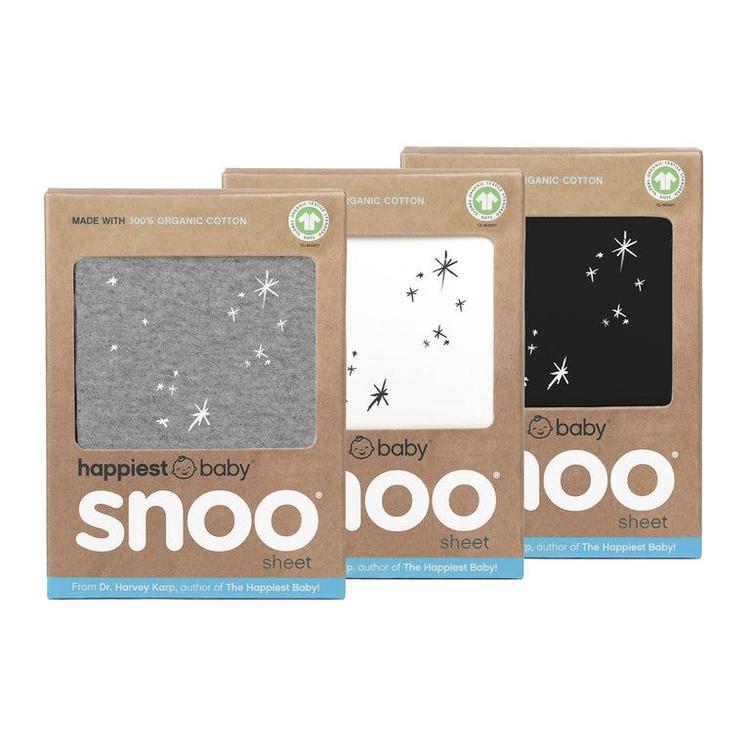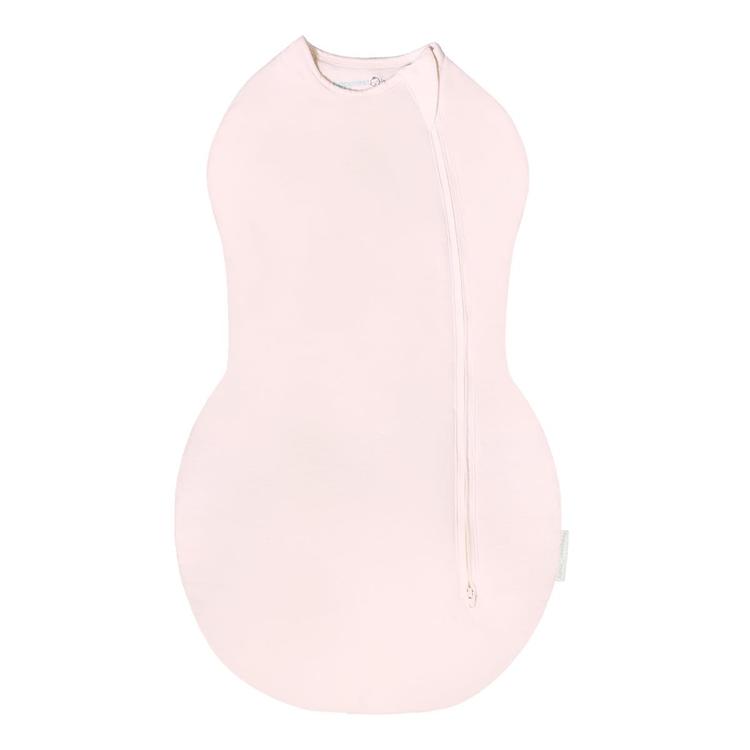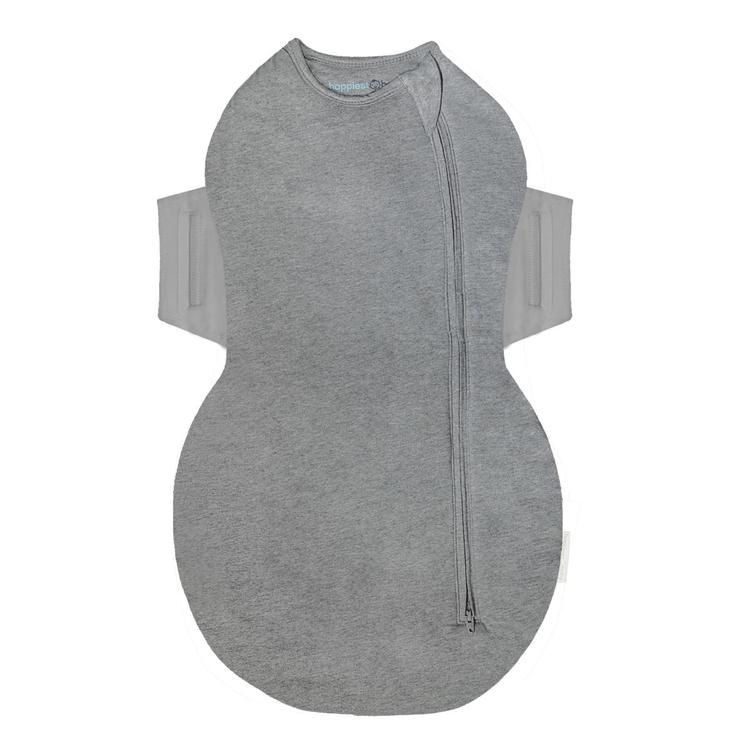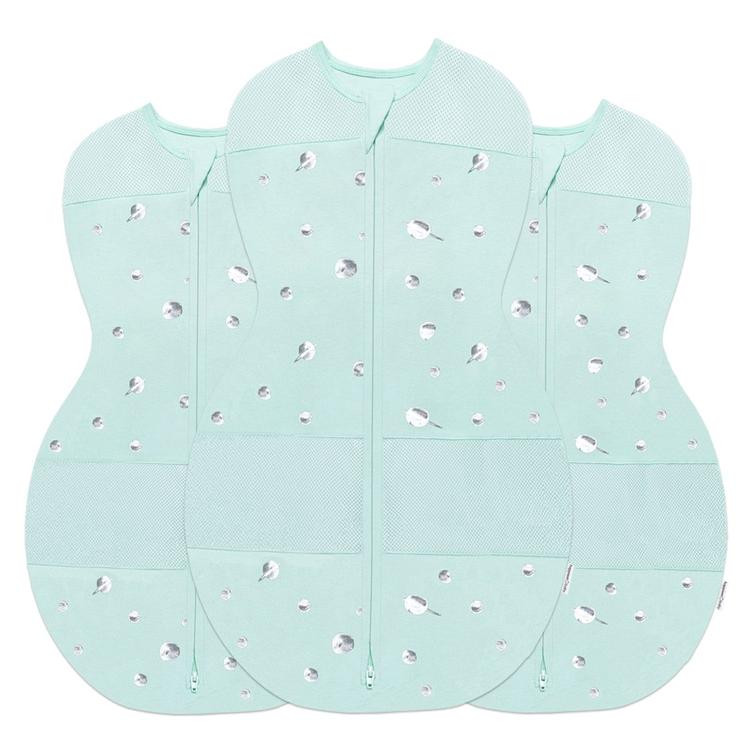BABY
How to Help a Constipated Baby
When hard poop may be a sign of something more serious.

Written by
Dr. Harvey Karp
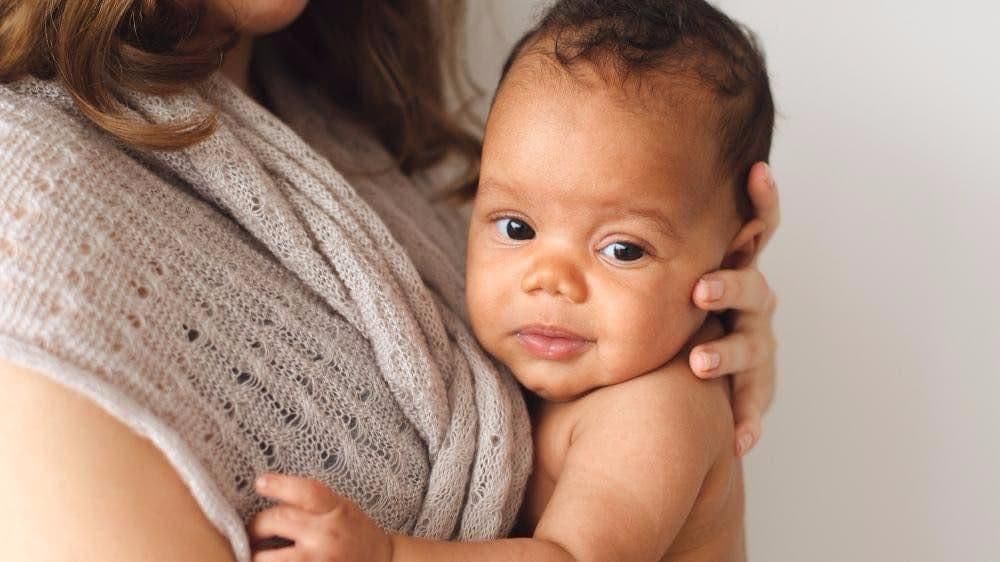
Like Gran said, “it is important to stay regular,” and that is especially true for babies. Breastfed babies almost never get constipated (have hard stools). They may grunt and strain…and even skip a few days between poos (during the first couple of months), but even then, the consistency is pasty to loose. Bottle-fed babies on the other hand, can sometimes struggle to pass hard little pieces. Fortunately, a couple of commonsense ideas can usually correct the problem and provide fast relief.
How Do You Know If Your Baby is Constipated?
Is your baby pooing every day? Great! That is a sign that he is properly absorbing nutrients and disposing of waste.
What Causes Constipation in Babies?
Constipation in babies is primarily caused by diet. Here are some things you might want to discuss with your paediatrician:
- Baby Formula—The intestines of some babies just seem sensitive to a particular brand of formula (or even the particular type of preparation—powdered or concentrate).
- Dairy or Soy Allergy—Babies that have a milk allergy can experience constipation, excessive gas and other discomforts. A healthcare provider can determine if your baby has a dairy or soy allergy.
- Change in Diet—Sometimes when babies are given the green light for baby food they can struggle with regularity. Many first-time foods are very starchy and if baby isn’t getting enough water this can lead to poo troubles. Check with your paediatrician on the best first foods to help avoid constipation and how much water he needs in a day.
- Iron Supplement—Vitamins with iron can make poos into hard little black-green colored pellets.
- Dehydration—If a baby is not getting enough to drink, stools can get drier and harder. It is super easy to check for this problem: the inside of the mouth will get dry and sticky; your baby will pee fewer than 6 times a day; the urine will become much more yellow and a bit smelly.
Baby Constipation Remedies and Relief
- Change formula. Starting a new formula may resolve constipation. Some infants have softer stools when they drink formula from concentrate versus powder-based (or vice versa). Ask your baby’s paediatrician for guidance.
- Slightly dilute the mix. Your baby’s poo may improve when you add a tablespoon of organic adult prune juice or one ounce of water into the formula, once or twice a day (never dilute the formula more than that).
- Give a bottle of water. If the weather is very hot and your baby is showing signs of dehydration, you can give a few extra ounces of water…and be sure to check in with your healthcare provider.
- Open the door. Babies trying to poo often have a hard time squeezing the stomach muscles and relaxing the rectum…at the same time. They accidentally tighten the anus—when they should be easing it—and consequently, they strain to push the poo “out the door!” To relax your baby’s anus, bicycle her legs and gently press her knees down to her stomach, a few times. If this fails, you might insert a Vaseline-greased thermometer or cotton swab–just one-half to one inch–into the anus. Babies usually respond by bearing down to push the object out…often pushing the poo out at the same time.
- Change up the foods. White foods (like rice, grains, dairy, bananas) bind a baby up. But, certain fruits and veggies like broccoli, plums, prunes, prune juice or fresh aloe juice can help get the poo back on a regular schedule.
Note: Never give honey or corn syrup as a laxative, before the first birthday.
When is Baby Constipation a Sign of Something Serious?
After the first couple of weeks, babies usually settle into a pretty good poo routine. For bottle-fed babies, that schedule is 1-2 times a day. Breast-fed babies may actually skip a day or so in between bowel movements. In fact, by 1 month of age, they sometimes go a week (or, even two) without having a stool!
When should you be concerned? The best rule is to call your baby’s paediatrician if more than 3 days pass without a poo. Call even sooner if your baby has a weak cry, weak suck, or is acting ill.
If constipation is persistent or your baby is acting weak or ill, the paediatrician may want to check for three rare diseases that can masquerade as constipation:
- Hypothyroidism: A totally curable condition caused by an underactive thyroid gland. If left untreated, hypothyroidism is a serious problem because it may slow mental development.
- Hirschsprung’s disease: This birth defect occurs when the nerves in the rectum do not develop properly. The baby’s rectal muscles tightly clench–unable to relax–which blocks the poo from passing and causes intestinal obstruction. Fortunately, this problem can be corrected with surgery.
- Infantile botulism: A rare disease characterised by several days of progressive weakness (staring with the face and neck and potentially leading to total paralysis). It is caused by botulism spores hiding in liquidy sweets, such as honey or corn syrup. These are safe for older children, but should never be given to babies under one year of age.
Disclaimer: The information on our site is NOT medical advice for any specific person or condition. It is only meant as general information. If you have any medical questions and concerns about your child or yourself, please contact your health provider. Breastmilk is the best source of nutrition for babies. It is important that, in preparation for and during breastfeeding, mothers eat a healthy, balanced diet. Combined breast- and bottle-feeding in the first weeks of life may reduce the supply of a mother's breastmilk and reversing the decision not to breastfeed is difficult. If you do decide to use infant formula, you should follow instructions carefully.
SHARE THIS ARTICLE
PARENT PICKS
Bestsellers

